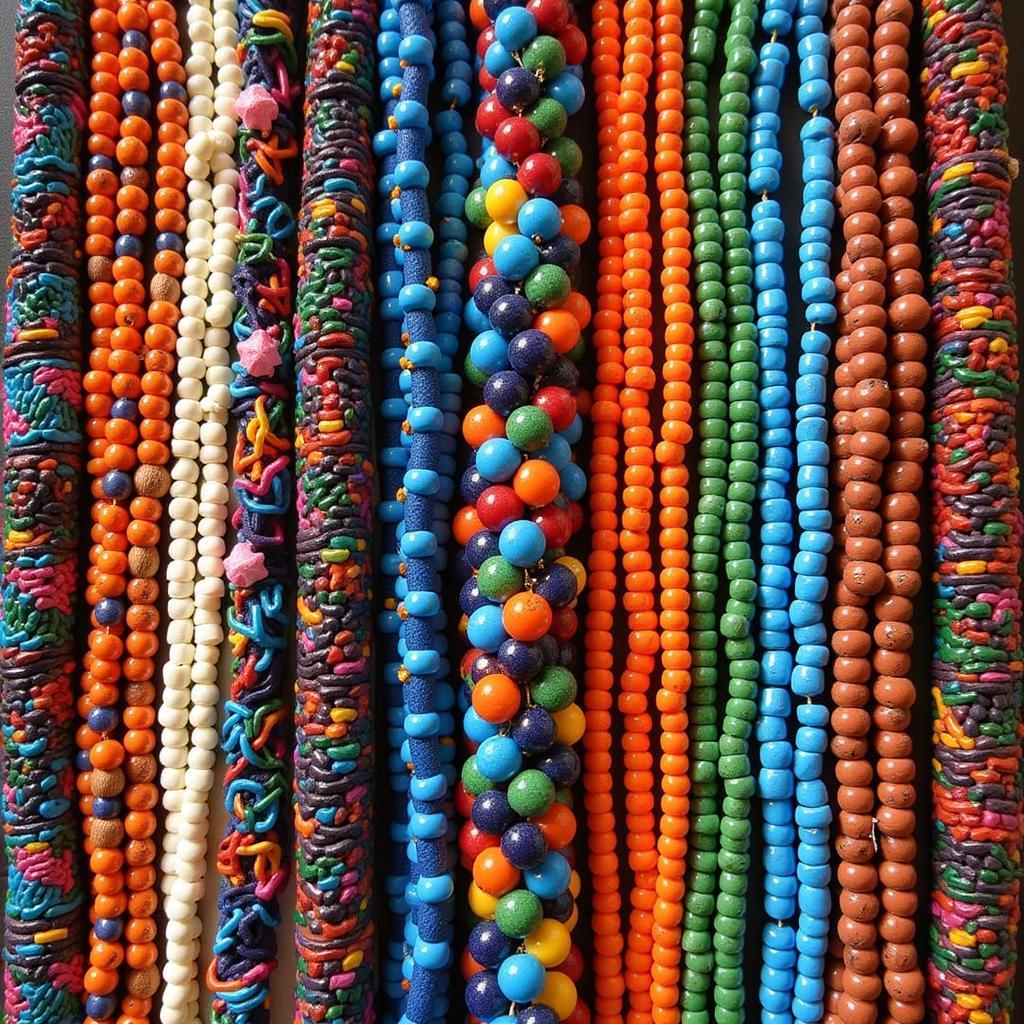African Grey Parrot Food: A Comprehensive Guide to a Healthy Diet
African Grey parrots are highly intelligent and social creatures, known for their impressive vocalizations and ability to mimic human speech. Providing them with a proper diet is crucial for their overall health, well-being, and longevity. This comprehensive guide will cover everything you need to know about feeding your African Grey parrot, ensuring they get the essential nutrients for a happy and healthy life.
Understanding the Dietary Needs of African Grey Parrots
African Greys are primarily frugivores, meaning their natural diet consists mainly of fruits, seeds, and nuts. In the wild, they also consume insects, flowers, and leaves, adding variety and essential nutrients to their diet.
The Importance of a Balanced Diet
A balanced diet for your African Grey parrot should include:
- Fruits: Apples, bananas, berries, melons, pears, mangoes, and papayas provide essential vitamins and minerals.
- Vegetables: Broccoli, carrots, spinach, kale, bell peppers, and green beans are rich in fiber, vitamins, and antioxidants.
- Seeds and Nuts: Sunflower seeds, pumpkin seeds, almonds, walnuts, and peanuts offer healthy fats and protein, but should be given in moderation due to their high fat content.
- Pellet Food: High-quality commercial parrot pellets are a convenient source of a complete and balanced diet, but should be combined with fresh fruits and vegetables.
- Occasional Treats: Cooked beans, lentils, cooked chicken, and boiled eggs can be offered occasionally as treats.
Choosing the Right Food for Your African Grey Parrot
When choosing food for your African Grey parrot, it’s essential to consider factors like age, activity level, and any health conditions they may have.
High-Quality Parrot Pellets:
- Look for pellets specifically formulated for African Grey parrots.
- Choose pellets with a variety of ingredients and low levels of artificial coloring and flavoring.
- Avoid pellets that are dusty or have an off-putting smell.
Fresh Fruits and Vegetables:
- Offer a variety of fruits and vegetables daily, ensuring they are washed and chopped into bite-sized pieces.
- Avoid fruits and vegetables that are toxic to parrots, such as avocados, onions, garlic, and mushrooms.
Seeds and Nuts:
- Offer seeds and nuts in moderation, as they are high in fat and can contribute to weight gain.
- Choose unsalted and unroasted options for the healthiest choices.
Feeding Schedule and Amount
The ideal feeding schedule for your African Grey parrot will depend on its age, activity level, and individual needs. However, here are some general guidelines:
- Juveniles: Feed juveniles 2-3 times a day, offering a variety of foods.
- Adults: Offer a balanced diet twice a day, with fresh foods available throughout the day.
- Amount: The amount of food will vary depending on the parrot’s size and activity level.
- Free-Feeding: Some owners choose to free-feed their parrots, providing a constant supply of food. This can be beneficial for preventing picky eating habits, but it’s crucial to monitor their intake and ensure they are not overeating.
How to Introduce New Foods
It’s important to introduce new foods gradually and monitor your parrot’s reaction.
- Start Small: Offer a small amount of the new food along with their regular diet.
- Patience: Don’t force your parrot to eat something they don’t like. If they refuse it, try again later.
- Variety: Offer a variety of different fruits, vegetables, and other foods to encourage exploration and ensure a well-rounded diet.
Tips for a Healthy Diet
- Avoid Junk Food: Avoid offering your parrot processed foods, candy, chocolate, caffeine, alcohol, and other unhealthy snacks.
- Fresh Water: Ensure your parrot has access to fresh water at all times.
- Cleanliness: Wash and sanitize food bowls regularly to prevent bacterial growth.
- Variety is Key: Providing a variety of foods helps to prevent nutritional deficiencies and ensures your parrot gets all the essential nutrients.
Common Feeding Mistakes to Avoid
- Overfeeding: Overfeeding can lead to obesity, health problems, and a shorter lifespan.
- Underfeeding: Underfeeding can cause malnutrition, weakened immune systems, and behavioral issues.
- Feeding Toxic Foods: Avoid giving your parrot foods that are toxic, such as avocados, onions, garlic, and mushrooms.
- Not Offering Enough Variety: A limited diet can lead to nutritional deficiencies and health problems.
Expert Insights
Dr. Sophia Mwangi, a renowned avian veterinarian:
“A well-balanced diet is essential for your African Grey’s well-being. Providing fresh fruits, vegetables, pellets, and occasional treats ensures they get the necessary vitamins, minerals, and protein for a healthy life.”
Dr. James Amani, an experienced avian specialist:
“It’s crucial to avoid feeding your parrot too many seeds and nuts. While they provide some nutrients, they are high in fat and can contribute to health problems. Focus on providing a diverse diet of fresh fruits, vegetables, and high-quality pellets.”
Conclusion
Feeding your African Grey parrot a healthy and balanced diet is crucial for their well-being and longevity. By understanding their dietary needs and following the guidelines in this guide, you can provide your feathered companion with the best possible nutrition for a happy and healthy life.



